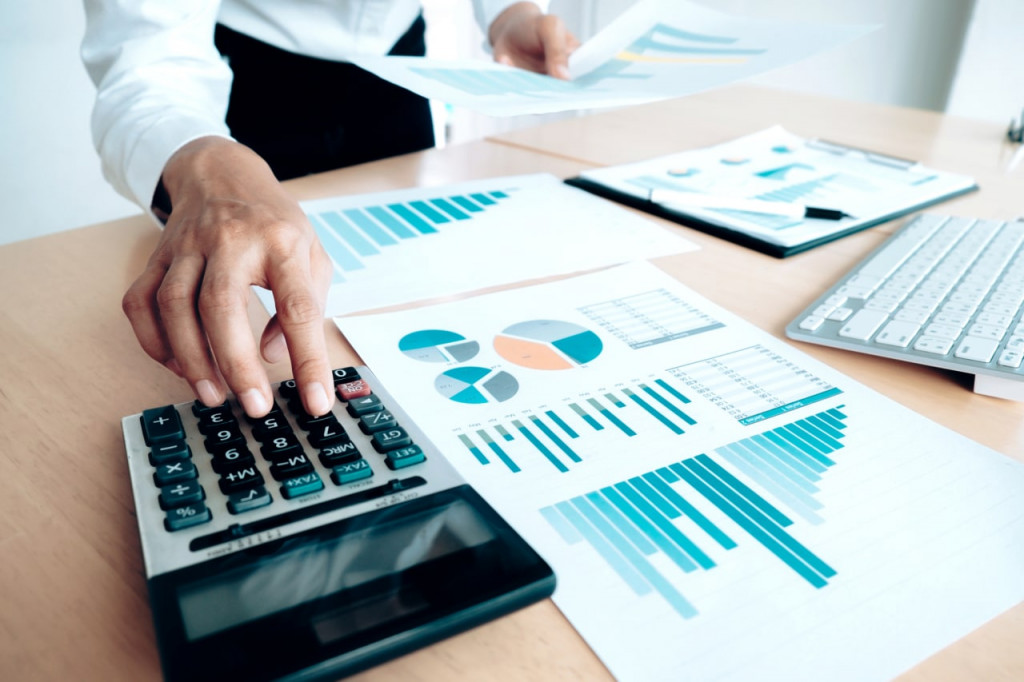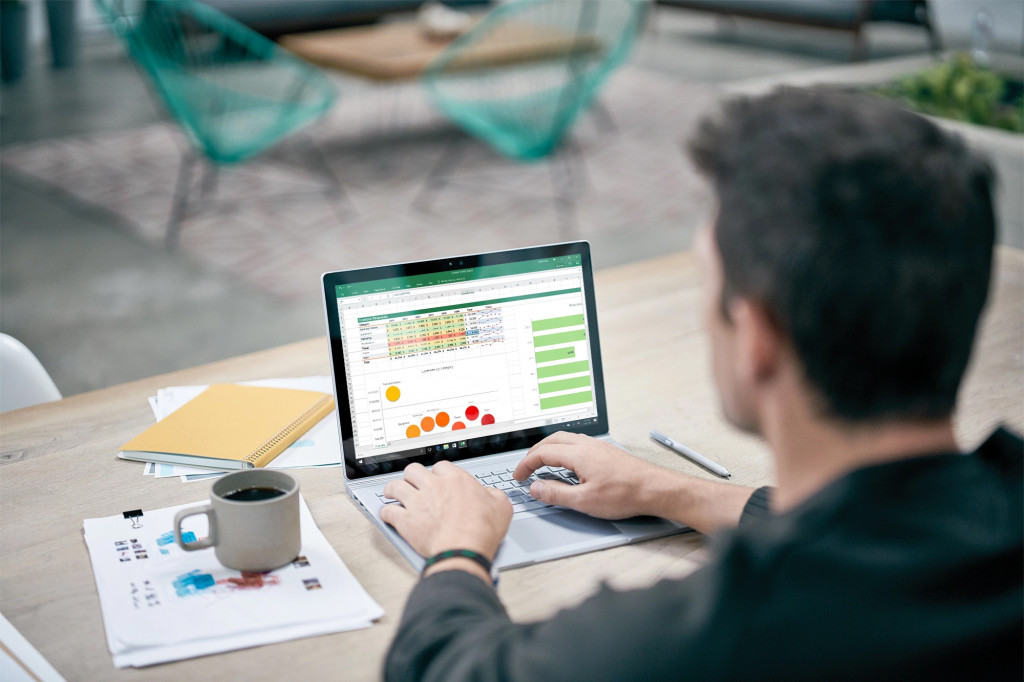The Excel software is a set of tools for working with data: analysis, calculations, processing, preparation of reports, etc. Today it is hard to imagine a direction where Excel cannot be a useful and effective tool.
Excel is necessary for bank employees, economists, financiers, accountants, marketing specialists, students, commercial and sales representatives. Moreover, for people who work with numbers and who are constantly engaged in analytical calculations, data comparisons, as well as their analysis.
In this course, we will discuss with you the main functionality of the Microsoft Excel software.
You will learn:
-Understand the structure of an Excel workbook
-Enter data correctly, use autofill and flash fill
-Perform calculations with functions using data on both the same and different sheets
-Get the results of calculating data by functions
-Build tables in accordance with any requirements
-Build diagrams for visual representation of tabular data
-Sort and filter data
-Prepare and print both the table and the diagram

The main emphasis in the proposed course is based on five disciplines:
Accounting and 1C
Accounting and 1C 8.3 for beginners
Do you need knowledge and skills in practical accounting and taxation, but you don’t have any experience in learning and comprehension in this field? You will extract all significant knowledge and skills out of two-month training and will be able to independently and accurately conduct bookkeeping in a small business.
The experienced trainers will reveal all the secrets of accounting and teach you how to bypass the "pitfalls" when compiling documentation from zero to balance. In the course of studying the material, almost all sections of accounting will be given from cash transactions, payables and receivables accounting, purchases accounting, output, expenses until the preparation of declarations, balance sheets and other reporting, as well as all tax accounting registers.
At the end of the course, a beginner accountant will be able to independently and accurately conduct bookkeeping in a small business.
This course is designed:
- for students who do not have enough work practice;
- for accountants who worked in previous versions of 1C;
- for that category of persons who had a long break from work;
- for specialists (methodologists/IT developers) who will support users of “1C: Accountancy 8”;
- for that category of persons who need to gain knowledge in accounting and taxation;
- Sole traders who independently wants to keep accounting
- and also, for that category of persons who will work in the "1C: Accountancy 8" software (beginner accountants, auditors, managers, etc.).
After successfully completion of the IBAC Business Academy courses, you will have a unique opportunity to attend the job interviews in large companies and find a job!

Accounting for taxation purposes
IBAC Business Academy offers courses on taxation for beginners and experienced accountants, managers, financial specialists.
You can take courses both on the general taxation system and on special regimes for small and medium-sized businesses and sole traders.
During the classes, you will obtain all the necessary knowledge and skills and will be able to independently calculate the taxes, pay them and submit tax reports. This course is conducted by experienced trainers.
Advanced training courses on taxation are designed for experienced accountants, where you can learn all the latest changes in tax legislation.

IFRS
Transition of financial statements from NAS to IFRS: a practical approach
This course will be interesting for accountants of companies that are required to prepare financial statements in accordance with IFRS. Current accountants with many years of experience would like to see a direct reflection of the difference between accounting per NAS and IFRS: every theoretical definition, every conceptual framework can be perceived within short time if presented on a practical example of enterprises that operate in Uzbekistan.
In our training, you will learn how to prepare financial reports in accordance with IFRS requirements based on accounting data that are maintained according to the rules of NAS, or, in other words, study the methodology of transition of financial reporting using practical examples, with the reflection of transactions in Excel tables.
The transition of financial statements is the first stage in the process of transferring the company's financial reports into IFRSs. At this stage, the key issues of the current financial accounting procedure are determined, where corrective transactions are needed. At the second and next stages, the company must develop accounting policies, internal instructions, and implement the necessary records that will allow to prepare and present financial reports per IFRS.
This course will allow accountants to assess the work of companies that provide services in transition of financial statements.

MS Excel


Contact us
Do You still have questions? Leave a request and our manager will contact You to answer Your questions.
Leave a request for free consultation



